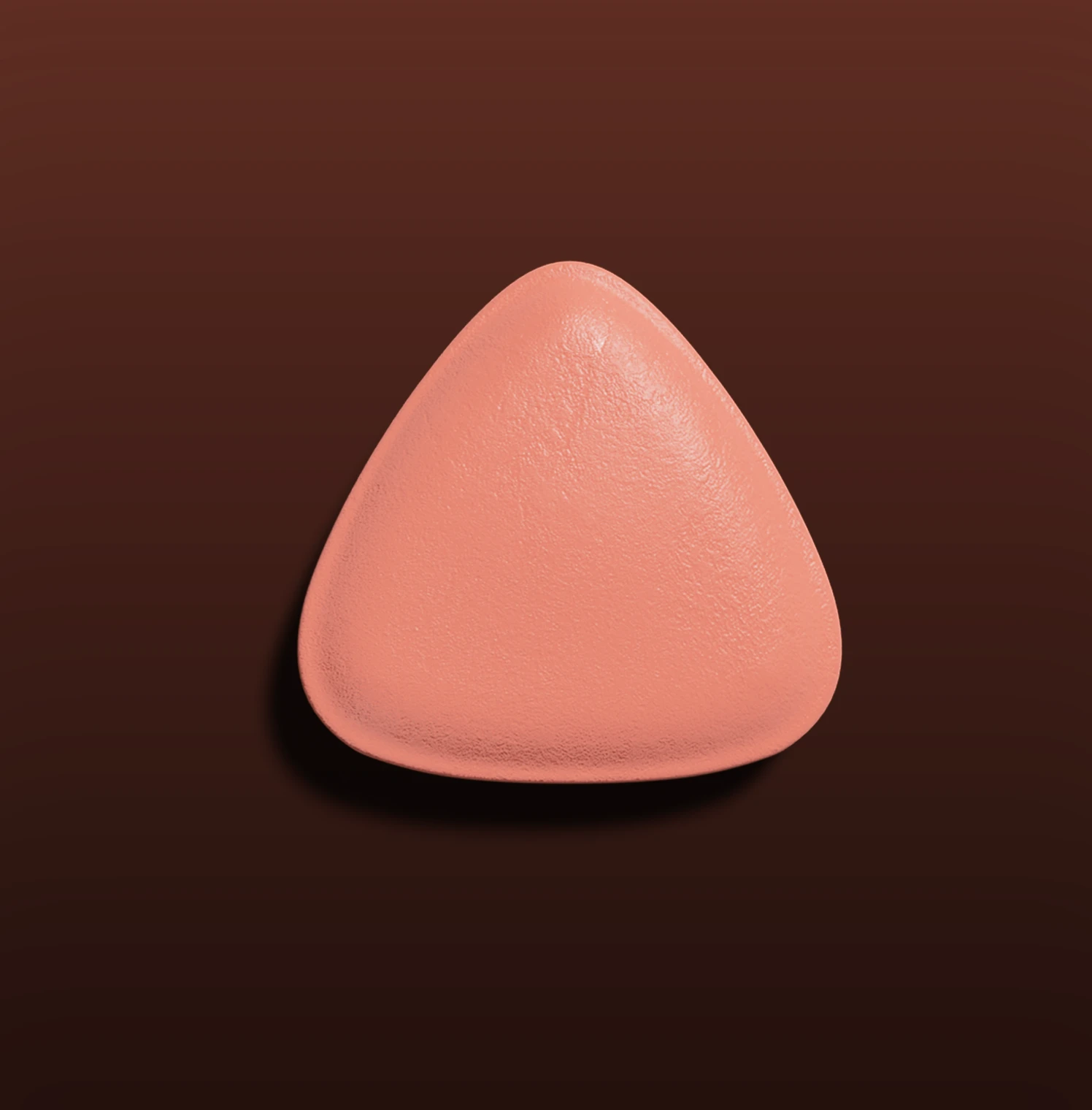Contents
The Interaction Between Lipitor and Grapefruit: What You Need to Know
Lipitor and grapefruit are both common in our diets, but did you know that they can interact with each other and potentially cause harm? In this article, we will explore the interaction between Lipitor and grapefruit and provide you with all the information you need to know to make informed decisions about your health.
Understanding Lipitor: Its Uses and Side Effects
Before we delve into the interaction between Lipitor and grapefruit, let's first understand what Lipitor is and why it is prescribed by healthcare professionals.
What is Lipitor?
Lipitor, also known by its generic name atorvastatin, is a medication belonging to a class of drugs called statins. It is primarily prescribed to lower cholesterol levels in the body. High cholesterol levels are a risk factor for heart disease, and Lipitor helps reduce the production of cholesterol in the liver.
Common Uses of Lipitor
Lipitor is commonly prescribed to individuals with high cholesterol levels or those at risk of developing heart disease. It helps lower LDL (bad) cholesterol and triglyceride levels while increasing HDL (good) cholesterol levels. Lipitor is often used in conjunction with a healthy diet and exercise to effectively manage cholesterol levels.
Potential Side Effects of Lipitor
While Lipitor is generally well-tolerated by most individuals, it may cause certain side effects in some cases. Common side effects include muscle and joint pain, digestive issues, and mild memory problems.
Serious side effects are rare but can include liver problems, muscle damage, and an increased risk of diabetes. It is important to discuss any concerns or potential side effects with your healthcare provider.
It is crucial to note that individuals taking Lipitor should be aware of the potential drug interactions that may occur. For example, grapefruit and grapefruit juice can interfere with the metabolism of Lipitor in the body, leading to increased levels of the medication in the bloodstream. This can heighten the risk of experiencing side effects and adverse reactions.
Interactions with Grapefruit
Grapefruit contains compounds that inhibit the enzyme responsible for breaking down Lipitor in the digestive system. As a result, the concentration of Lipitor in the blood can rise significantly, potentially causing an overdose or intensifying the drug's side effects. It is advisable to avoid consuming grapefruit or grapefruit products while taking Lipitor to ensure the medication's effectiveness and safety.
The Role of Grapefruit in Drug Interactions
Grapefruit is a citrus fruit known for its delicious taste and numerous health benefits. However, it can have unexpected effects when consumed alongside certain medications, including Lipitor.
Aside from its delightful flavor, grapefruit is also a versatile fruit that comes in different varieties such as white, pink, and ruby red. Each variety offers a unique taste profile, with some being sweeter and others more tangy. This diversity in flavors makes grapefruit a popular choice for various culinary dishes, from salads to desserts.
Nutritional Profile of Grapefruit
Grapefruit is rich in vitamins A and C, fiber, and antioxidants. It also contains certain compounds that can interfere with the way our bodies process medications.
In addition to its nutritional content, grapefruit is also a hydrating fruit, with a high water content that can help keep you feeling refreshed and satiated. This makes it a great snack option for those looking to stay hydrated throughout the day.
How Grapefruit Affects Medication
Grapefruit contains substances called furanocoumarins that inhibit an enzyme called CYP3A4. This enzyme plays a crucial role in metabolizing certain medications, including Lipitor. When this enzyme is inhibited, it can lead to increased levels of the medication in the bloodstream, potentially amplifying its effects and increasing the risk of side effects.
Furthermore, grapefruit can also impact the absorption of medications in the digestive system, leading to unpredictable levels of the drug in the body. This variability in drug concentration can pose challenges for healthcare providers in determining the appropriate dosage for patients who consume grapefruit regularly.
The Science Behind Lipitor and Grapefruit Interaction
To understand the interaction between Lipitor and grapefruit, it's important to delve into the biochemical process that occurs in our bodies.
The Biochemical Process
Lipitor is broken down in the liver by the enzyme CYP3A4. Grapefruit, as mentioned earlier, inhibits this enzyme, which affects the breakdown and elimination of Lipitor from the body. Consequently, the concentration of Lipitor in the bloodstream increases, leading to a higher risk of side effects.
Moreover, the interaction between Lipitor and grapefruit showcases the intricate relationship between food and medication. This phenomenon highlights how seemingly innocuous dietary choices can significantly impact the efficacy and safety of pharmaceutical interventions.
Potential Risks and Complications
The interaction between Lipitor and grapefruit can have potential risks and complications. Increased drug concentration may increase side effects, such as muscle pain and liver damage. Additionally, it may also affect the medication's effectiveness in lowering cholesterol levels.
Furthermore, the variability in individual responses to the Lipitor-grapefruit interaction underscores the importance of personalized medicine. Factors such as genetic predispositions and overall health status can influence how a person's body processes and reacts to this combination.
It is important to note that the interaction between Lipitor and grapefruit is not unique to Lipitor alone. Other medications that are broken down by the CYP3A4 enzyme can also be affected by grapefruit consumption. Consult with your healthcare provider if you are unsure whether grapefruit interacts with any of your medications.
Managing Lipitor and Grapefruit Consumption
Now that we have discussed the potential risks and complications, let's explore how you can safely manage Lipitor and grapefruit consumption.
It's essential to understand the reasons behind the caution advised when combining Lipitor with grapefruit. Grapefruit contains compounds that can interfere with the way your body metabolizes certain medications, including Lipitor. This interference can lead to higher levels of the medication in your bloodstream, potentially increasing the risk of side effects.
Safe Consumption Guidelines
If you are prescribed Lipitor, it is generally recommended to avoid consuming grapefruit or grapefruit juice. The interaction between Lipitor and grapefruit can last for up to 72 hours, so it is important to be cautious even if you have consumed grapefruit in the past.
Furthermore, the effects of grapefruit on medication can vary from person to person based on factors such as age, weight, metabolism, and overall health. This variability underscores the importance of personalized medical advice when managing your diet alongside Lipitor.
If you enjoy the taste of grapefruit and want to incorporate it into your diet, it is advisable to talk to your healthcare provider about potential alternatives or whether it is safe to do so with your specific medication.
Alternatives to Grapefruit
If you need to avoid grapefruit but still want to enjoy citrus fruits, there are several alternatives you can consider. Oranges, lemons, and limes are generally safe to consume with Lipitor and do not have the same interaction as grapefruit.
These citrus fruits not only provide a tangy and refreshing flavor to your meals but also offer essential nutrients like vitamin C, which is beneficial for overall health. Incorporating a variety of citrus fruits into your diet can help you maintain a balanced and nutritious eating plan while taking Lipitor.
Remember to always discuss any changes to your diet or medication regimen with your healthcare provider to ensure your safety and wellbeing.
Frequently Asked Questions About Lipitor and Grapefruit Interaction
Can I Ever Eat Grapefruit While on Lipitor?
If you are taking Lipitor, it is generally recommended to avoid grapefruit and grapefruit juice altogether. The potential interactions between Lipitor and grapefruit can lead to increased medication levels in the body, potentially resulting in unwanted side effects. However, it is essential to consult with your healthcare provider for personalized advice based on your specific health condition and medication regimen.
What Other Medications Interact with Grapefruit?
Grapefruit can interact with a wide range of medications, particularly those metabolized by the CYP3A4 enzyme. Examples of these medications include certain cholesterol-lowering drugs, blood pressure medications, and drugs used to treat certain cancers. It is important to read medication labels and consult with your healthcare provider or pharmacist for specific information regarding any potential interactions with grapefruit.
Did you know that the interaction between grapefruit and medications is not limited to oral consumption? In fact, even applying grapefruit essential oil topically can lead to drug interactions. This is because the active compounds in grapefruit can inhibit the CYP3A4 enzyme, which is responsible for breaking down medications in the body. Therefore, it is crucial to exercise caution not only with the consumption of grapefruit but also with any products that contain grapefruit extracts or essential oils.
Furthermore, it is important to note that the severity of the interaction between grapefruit and medications can vary from person to person. Factors such as the individual's metabolism, the specific medication being taken, and the amount of grapefruit consumed can all influence the extent of the interaction. Therefore, it is always advisable to consult with your healthcare provider or pharmacist to determine the best course of action based on your unique circumstances.




